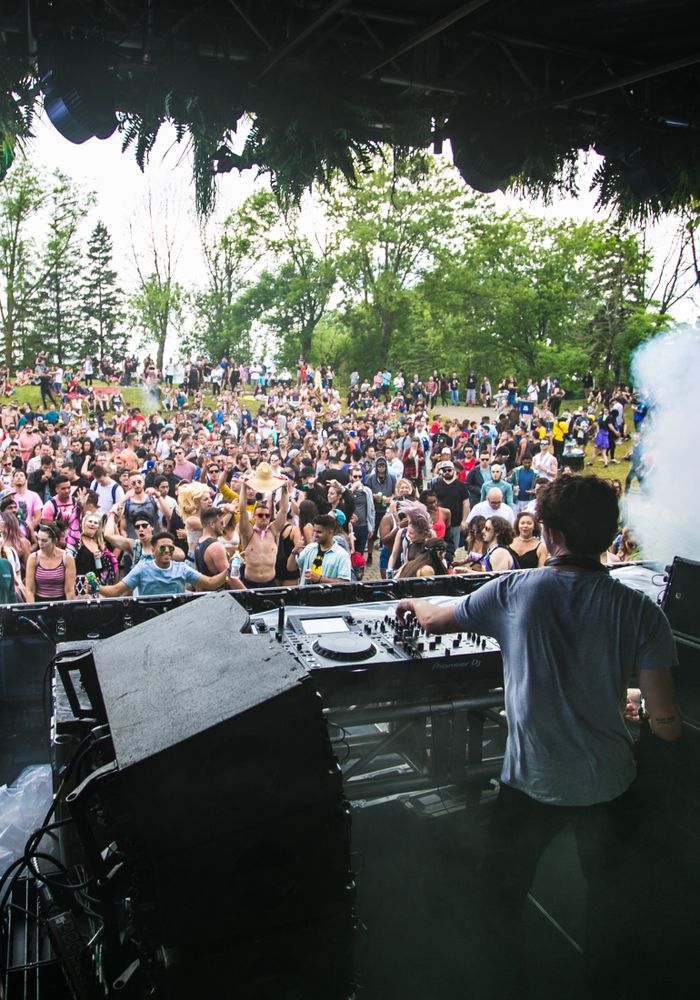Things are looking different for the Notting Hill Carnival (which is usually attended by up to two million people), however, as the organiser has said that this year’s event will not be able to take place as planned, as social distancing will be very difficult to achieve.
"It would be very difficult to hold Carnival in its traditional format on the streets with social distancing in place," said Matthew Phillip. "It would be devastating for a second year in a row."
Although he added that Carvival will still go ahead this year in some format:
"Carnival means too much to too many people for us to simply ignore it so we would always try to find a way of celebrating Carnival for its artistry and what it means to the community.”
A big stumbling block for event organisers is the matter of obtaining insurance in the instance that events are cancelled due to Covid-19 reasons, which they are not covered for.
MPs on the select committee have already written to the chancellor asking him to launch a scheme that would compensate live events if they are forced to cancel – similar to a £2.3bn fund recently announced in Germany.
Duncan Bell from the campaign group #WeMakeEvents said that without this, festivals may be unable to book performers, crews and equipment.
He said that insurance is "the first link in the chain, not the last", and stressed that the government needed to engage with the live music sector to draw up a roadmap for the return of concerts and festivals.
"It's not necessarily about a definitive date," he said. "It's about a plan: How do we think a safe event happens? What does the insurance scheme allow? How does rapid testing fit into that process?"
"The industry has been resilient, but that can't carry on. And for most people, that point is absolutely imminent."
Labour MP Alex Davies-Jones also asked about the impact of Brexit on live music, and was told young bands in particular could suffer from the requirement to obtain work permits and visas to play in certain European countries.
"They're probably not even breaking even in the first place," said Tre Stead, a tour manager who has worked with Take That, Laura Marling Jessie Ware and Frank Turner.
"They've probably done a job for a year to save up money to go on that tour, and now you're adding a layer of bureaucracy, a layer of admin and a load of other costs. Why would you bother?"
Scottish National Party MP John Nicholson described the situation as a "nightmare" that amounted to "music prevention".

